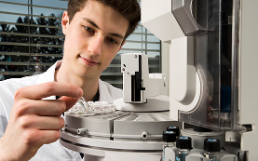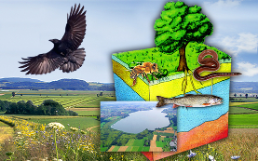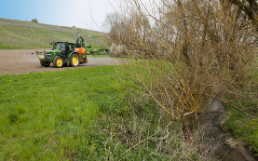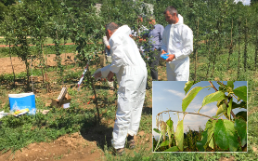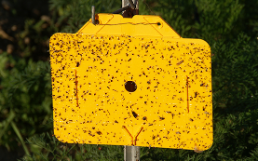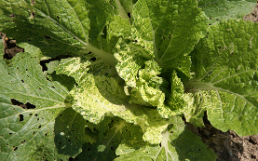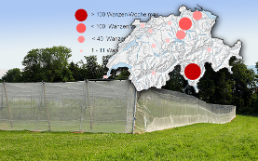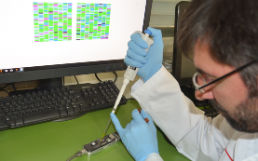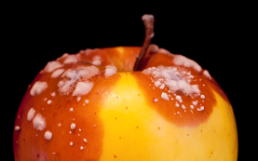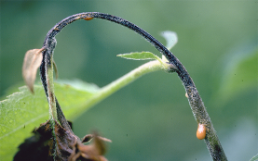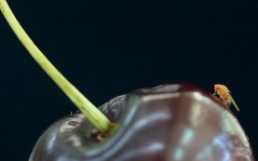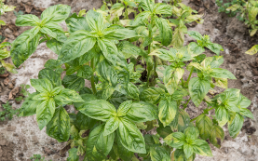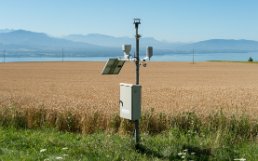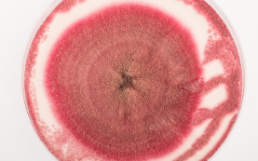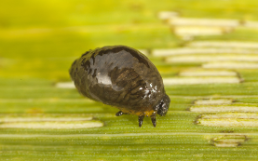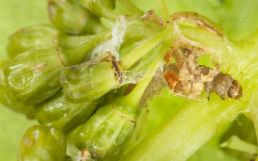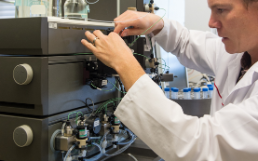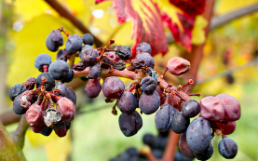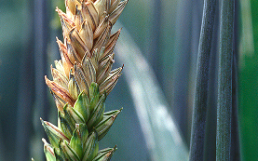- Chemical Expertise on Plant Protection Products
- Testing the Environmental Risks of Plant Protection Strategies
- Testing the Impact and Analysis of the Use of Plant Protection Products (PPPs)
- Plant Protection Service and Enforcement Diagnostics
- Pest Control in Organic and Integrated Production
- Sustainable Control of Viral, Phytoplasma and Bacterial Diseases in the Cultivation of Vegetables, Berries and Other Special Crops
- Sustainable Control of Harmful Arthropods in Fruit Production
- Molecular Diagnostic Methods and Epidemiology of Harmful and Beneficial Agricultural Organisms
- Developing New Strategies for Controlling Fungal Diseases in Fruit Production
- Studying Fruit Diseases and Pathogens and Developing Sustainable Control Measures
- Integrated Control of Spotted-Wing Drosophila
- Fungal Diseases in Vegetable, Berry and Aromatic-Plant Crops
- Information and Decision-Making Platforms for Sustainable Pest Control
- Sustainable Use of Fungicides in Viticulture
- Pest Control in Arable Farming and Grassland
- Arthropod Pests in Viticulture
- Protection against Viruses, Bacteria and Phytoplasmas in Field Crops
- Protection against Viruses, Bacteria and Phytoplasmas in Viticulture
- Control of Fungal Diseases in Field Crops


